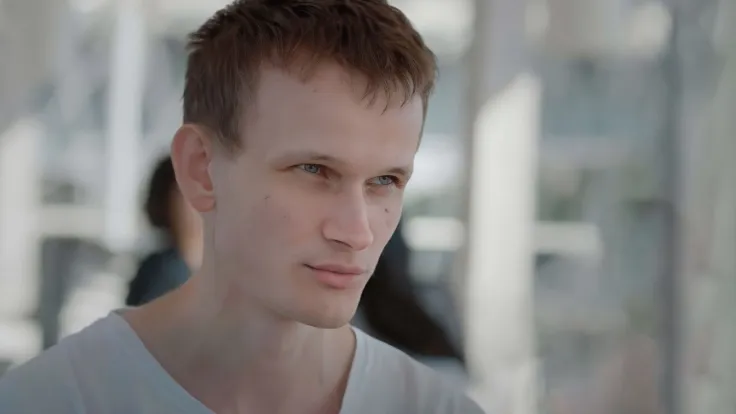
In a recent social media post, Ethereum co-founder Vitalik Buterin stressed the potential of artificial intelligence (AI) in revolutionizing the way code is verified and bugs are identified within the Ethereum network.
Buterin expressed his enthusiasm for AI-assisted formal verification of code, pointing out that the greatest technical risk facing Ethereum today stems from bugs in its code.
The integration of AI into the development process, he believes, could significantly mitigate these risks, ensuring a more secure and reliable blockchain infrastructure.
AI-assisted code verification explained
At the heart of Buterin's excitement is the concept of AI-assisted formal verification, a process that could dramatically alter the landscape of blockchain security and efficiency.
Formal verification refers to the use of mathematical models to prove or disprove the correctness of a system's underlying algorithms, ensuring that they behave exactly as intended under all possible conditions.
By leveraging AI in this context, developers can automate and enhance the detection of errors and vulnerabilities in smart contracts and other blockchain-related code, potentially preventing costly exploits and failures.
This approach not only promises to improve the robustness of Ethereum's blockchain but also represents a significant step forward in the broader field of software development, where bugs and security flaws remain a pervasive challenge.
Buterin's fascinating AI takes
As reported by U.Today, Buterin also showcased his wit with a humorous take on the evolution of AI technology. Through a playful post, he contrasted the dramatic, often menacing portrayal of AI in movies with the reality of today's conversational AI.
However, he has previously voiced concerns about the existential risks posed by superintelligent AI, suggesting that unchecked advancements in AI could lead to outcomes where humans are no longer the dominant force.
According to Buterin, the converging use cases of AI and blockchain offer significant potential, particularly when AI is integrated into existing mechanisms to enhance micro-scale operations, proving to be both promising and straightforward to implement. However, the creation of a "singleton" - a single, decentralized, trusted AI through blockchain and cryptographic techniques - presents considerable challenges and risks.

 Vladislav Sopov
Vladislav Sopov Dan Burgin
Dan Burgin